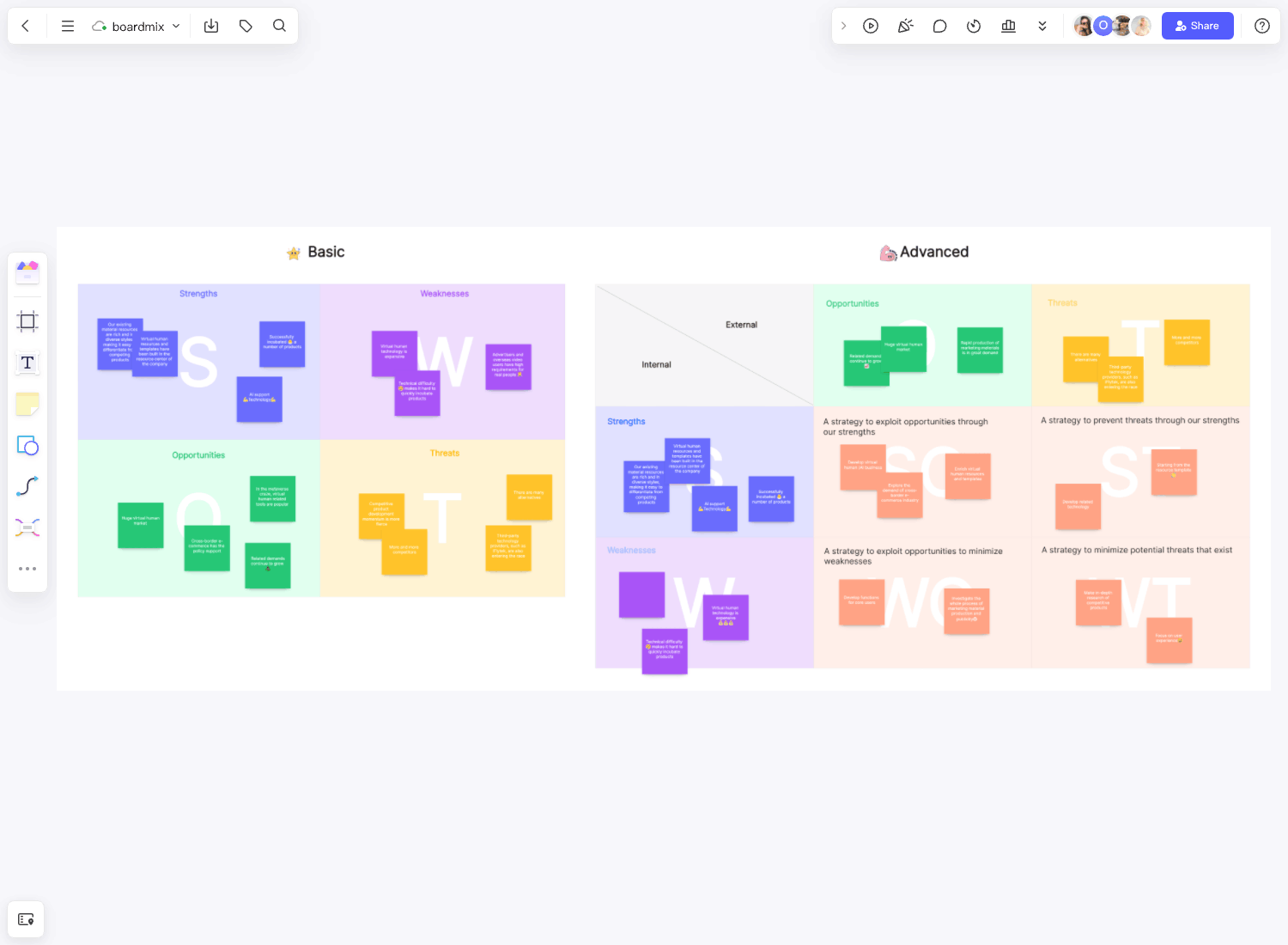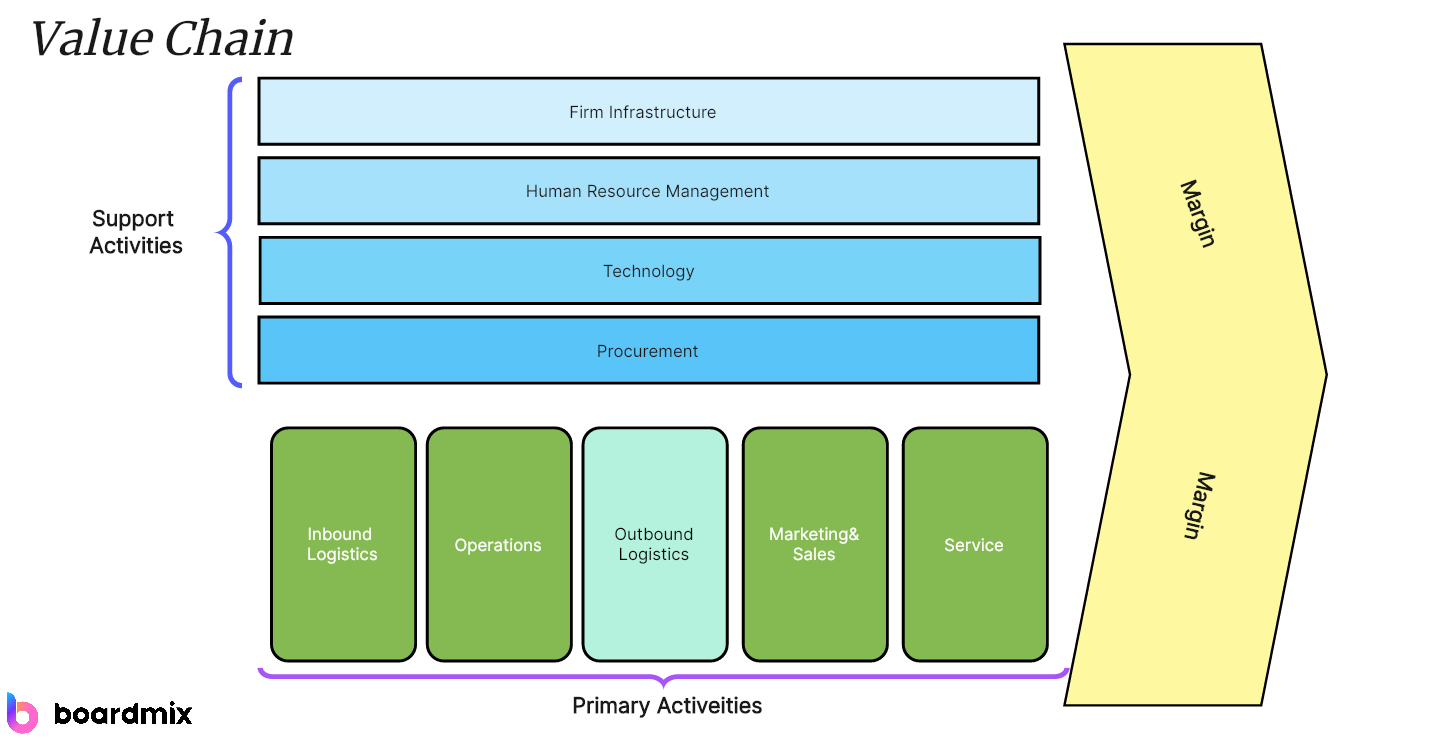Navigating One-on-One sessions, whether with an employee, a manager, or the CEO, can be compared to steering a ship through uncharted waters. Understanding the nuances that differentiate each session and implementing best practices is important for effective communication.
So, what does a successful one-on-one session look like? How do the dynamics change when you're meeting with an employee versus a manager or the CEO? What questions can you ask for under different scenarios? And how can these sessions contribute to individual growth and overall organizational success? Let's explore these questions together and make effective communication and enhance workplace relationships.
Part1. One-on-One Sessions Format
One-on-One Sessions Format refers to a specific format for conducting meetings or sessions between two individuals. In this format, two people engage in a focused and personalized conversation or discussion, typically to address specific topics, solve problems, provide guidance, or share knowledge and expertise. One-on-one sessions are often used in professional settings, such as employee performance reviews, mentorship programs, coaching sessions, or client consultations. The format allows for direct communication and interaction between the two individuals involved, creating a conducive environment for effective communication, feedback exchange, and relationship building. One-on-one sessions can be conducted in person, over the phone, or through video conferencing platforms. The format provides an opportunity for individuals to connect on a deeper level, build trust, and work towards achieving specific goals or objectives.
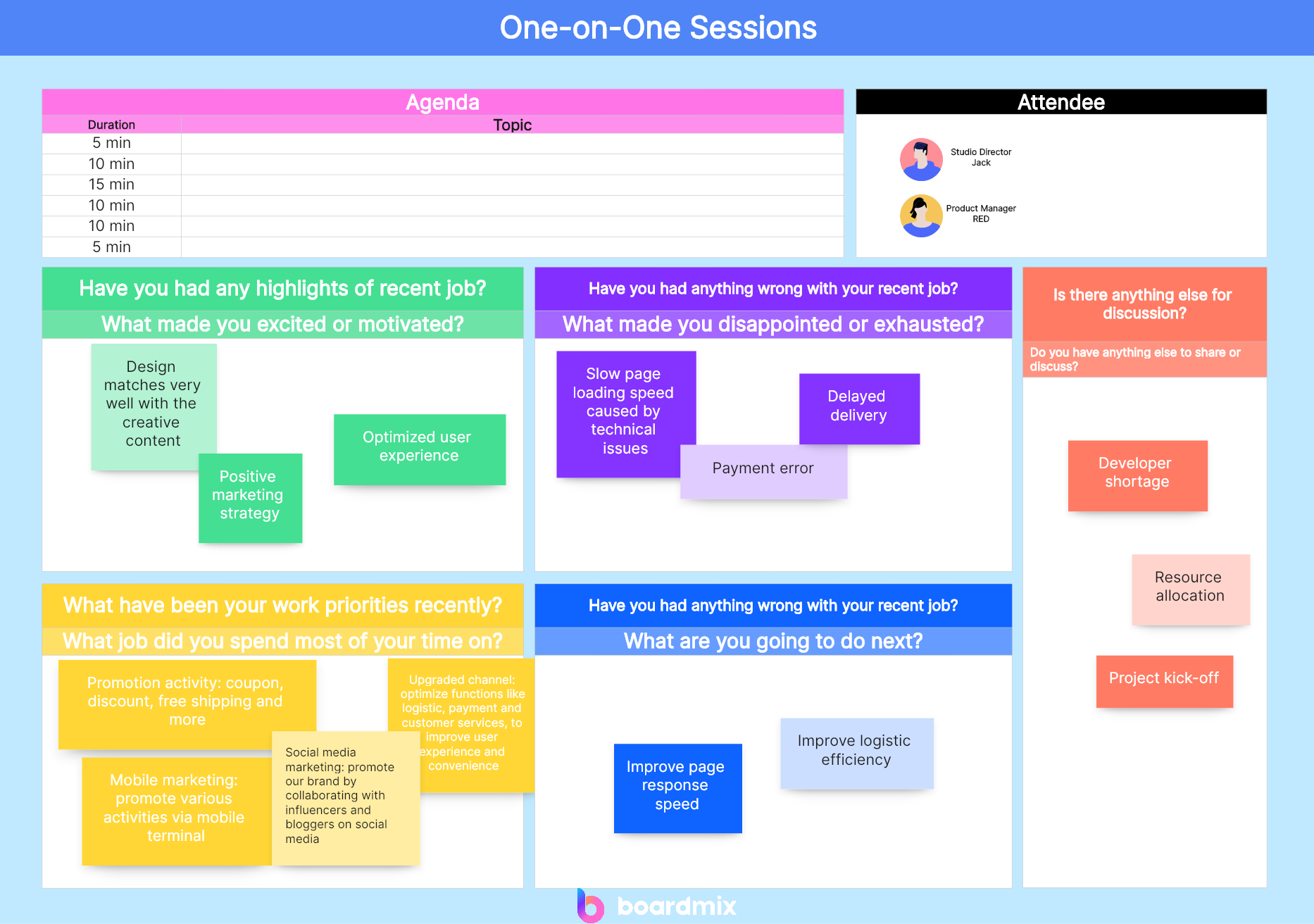
Part2. One-on-one Sessions with Employees
One-on-one sessions with employees are an important aspect of effective management and employee development. These sessions provide an opportunity for managers to connect with their employees on an individual level, discuss progress, address concerns, and provide guidance and support.
How to Conduct One-on-one Sessions with Employees
Here are some guidelines to help you conduct successful one-on-one sessions with your employees.
- Schedule regular sessions: Set aside dedicated time to meet with each employee individually. Depending on the size of your team and the nature of your work, these sessions can be conducted weekly, bi-weekly, or monthly. Consistency is key to building trust and maintaining open lines of communication.
- Create a comfortable environment: Find a quiet and private space where both you and the employee can have an uninterrupted conversation. This could be a meeting room, a private office, or even a virtual meeting platform if remote work is in place. Make sure the environment is conducive to open and honest discussions.
- Prepare an agenda: Before each session, prepare a structured agenda outlining the topics you plan to discuss. This will help keep the conversation focused and ensure that important matters are addressed. Share the agenda with the employee in advance so they can also come prepared with any topics or concerns they wish to discuss.
- Active listening: During the session, make an effort to actively listen to the employee. Give them your full attention, maintain eye contact, and avoid interruptions. Show empathy and understanding by nodding, paraphrasing, or asking clarifying questions. This will make the employee feel heard and valued.
- Provide constructive feedback: Use the one-on-one session as an opportunity to provide feedback on the employee's performance. Highlight their strengths and achievements, and guide areas for improvement. Be specific in your feedback and offer actionable suggestions for growth and development.
- Encourage two-way communication: Encourage the employee to share their thoughts, concerns, and ideas during the session. Ask open-ended questions to facilitate discussion and encourage them to take ownership of their own development. Create a safe and non-judgmental space for them to express themselves freely.
- Goal setting: Collaboratively set goals and objectives for the employee. Discuss their career aspirations, development areas, and any challenges they may be facing. Help them create an action plan to achieve these goals and provide support along the way.
- Follow-up and accountability: At the end of each session, summarize the key points discussed and document any agreed-upon action steps or commitments. Follow up on these action steps in subsequent sessions to ensure accountability and progress.
Remember, one-on-one sessions with employees are an opportunity to build trust, foster professional growth, and strengthen the manager-employee relationship. By conducting these sessions effectively, you can create a positive work environment and support your employees' success.
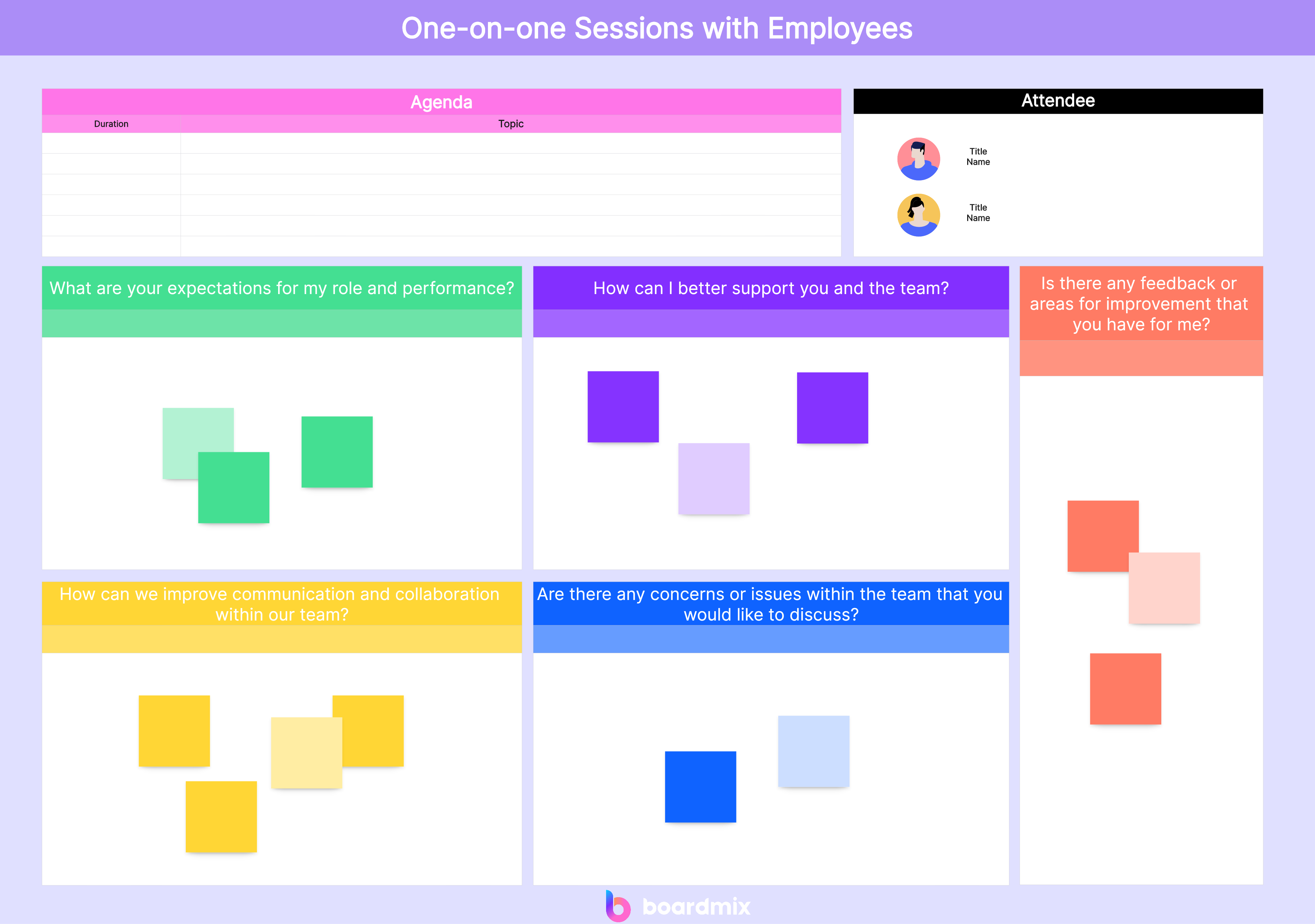
One-on-one Sessions Questions with Employees
Here are some useful questions to ask during one-on-one sessions with employees:
- How are you feeling about your workload and current projects?
- Is there anything specific you need help or support with?
- What accomplishments are you most proud of since our last one-on-one session?
- Are there any challenges or obstacles you are facing in your role?
- How can I better support your professional growth and development?
- Are there any areas where you would like additional training or resources?
- What feedback do you have for me as your manager?
- Are there any concerns or issues within the team that you would like to discuss?
- How can we improve communication and collaboration within our team?
- Is there anything else you would like to discuss or bring up during our session?
These questions can help foster open and honest communication with employees, identify any areas for improvement, and ensure that their needs and concerns are being addressed.
Part3. One-on-one Sessions with Manager
Conducting one-on-one sessions with a manager is an important aspect of professional development and communication in the workplace.
How to conduct One-on-one Sessions with Manager
Here are some guidelines to help you conduct effective one-on-one sessions with your manager.
- Prepare an agenda: Before the session, prepare a list of topics or questions you would like to discuss with your manager. This will ensure that the session stays focused and productive.
- Set clear goals: Identify the specific goals or objectives you would like to achieve through the session. Whether it's discussing your performance, seeking guidance on a project, or addressing any concerns, having clear goals will help you make the most of the session.
- Choose the right time and place: Find a suitable time and place for the session where both you and your manager can have privacy and minimal distractions. This could be in your manager's office, a meeting room, or even a virtual meeting platform if you're working remotely.
- Be proactive and engaged: During the session, actively participate in the conversation and share your thoughts, ideas, and concerns. Take notes if needed and ask for clarification if something is not clear.
- Listen actively: Allow your manager to express their thoughts, provide feedback, and offer guidance. Listen attentively to their input and consider it.
- Be open and honest: Use the session as a chance to share your achievements, challenges, and aspirations. Be transparent about any difficulties you may be facing and ask for advice or support where needed.
- Seek feedback: Ask for constructive feedback on your performance and areas for improvement. Use this feedback to develop professionally and enhance your skills.
- Follow up on action points: At the end of the session, summarize the key takeaways and action points. Make sure to follow up on any commitments or tasks assigned during the session.
Remember, one-on-one sessions with your manager are meant to be a collaborative and supportive space for growth and development. By actively participating in these sessions and taking advantage of the opportunity to connect with your manager, you can contribute to your own professional success and strengthen your relationship with your manager.
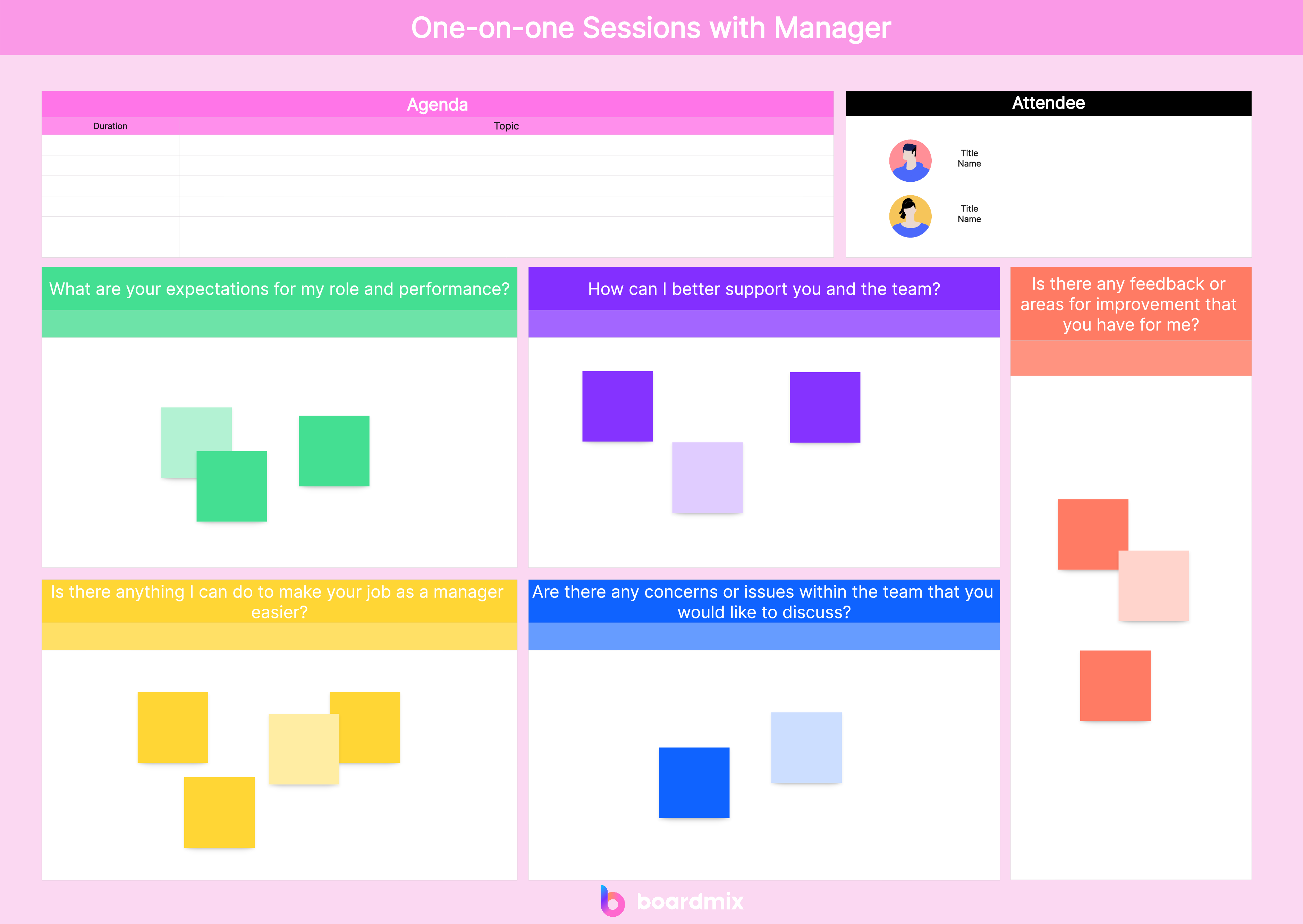
One-on-one Sessions Questions with Manager
Here are some useful questions to ask during one-on-one sessions with your manager:
- What are your expectations for my role and performance?
- How can I better support you and the team?
- Are there any specific goals or objectives you would like me to focus on?
- Is there any feedback or areas for improvement that you have for me?
- Are there any upcoming projects or initiatives that I should be aware of?
- How can we improve communication and collaboration within our team?
- What resources or training opportunities do you recommend for my professional development?
- Is there anything I can do to make your job as a manager easier?
- Are there any concerns or issues within the team that you would like to discuss?
- How can we align our individual goals with the overall goals of the department and organization?
These questions can help facilitate a productive and open conversation with your manager, allowing you to gain clarity on expectations, address any concerns, and ensure that you are aligned with the team's objectives.
Part4. One-on-one Sessions with CEO
One-on-one sessions with the CEO are crucial for effective communication and alignment within an organization. These sessions provide an opportunity for the CEO to connect with their employees on a personal level, address any concerns or questions, and provide guidance and support.
How to Conduct One-on-one Sessions with CEO
Here are some guidelines for conducting successful one-on-one sessions with the CEO.
- Schedule regular sessions: Set aside dedicated time to meet with the CEO individually. Depending on the size and nature of the organization, these sessions can be conducted monthly or quarterly. Consistency is key to ensure open lines of communication and a strong relationship.
- Create a comfortable environment: Find a quiet and private space where both you and the CEO can have an uninterrupted conversation. This could be a meeting room, the CEO's office, or even a virtual meeting platform if necessary. Ensure that the environment promotes open and honest discussions.
- Prepare an agenda: Before each session, prepare a structured agenda outlining the topics you wish to discuss with the CEO. This will help keep the conversation focused and ensure that important matters are addressed. Share the agenda with the CEO in advance so they can also come prepared with any topics or concerns they wish to discuss.
- Active listening: During the session, actively listen to the CEO's perspectives, ideas, and concerns. Give them your full attention, maintain eye contact, and avoid interruptions. Show empathy and understanding by nodding, paraphrasing, or asking clarifying questions. This will make the CEO feel valued and respected.
- Provide constructive feedback: Use the one-on-one session as an opportunity to provide feedback on the organization's performance and initiatives. Discuss successes, challenges, and areas for improvement. Be specific in your feedback and offer actionable suggestions for growth and development.
- Encourage two-way communication: Encourage the CEO to share their thoughts, vision, and goals for the organization. Ask open-ended questions to facilitate discussion and encourage them to take ownership of their leadership role. Create a safe and non-judgmental space for the CEO to express themselves freely.
- Strategic alignment: Discuss the organization's strategic priorities and align your department's goals with the CEO's vision. Identify any gaps or opportunities for collaboration and brainstorm ideas for driving success. Ensure that your department's initiatives are aligned with the overall strategy.
- Follow-up and accountability: At the end of each session, summarize the key points discussed and document any action steps or commitments made by both parties. Follow up on these action steps in subsequent sessions to ensure accountability and progress. Keep track of the progress and provide updates as necessary.
Remember, one-on-one sessions with the CEO are a valuable opportunity to build rapport, align goals, and contribute to the organization's success. By conducting these sessions effectively, you can strengthen the manager-CEO relationship and drive positive outcomes for your department and the organization as a whole.
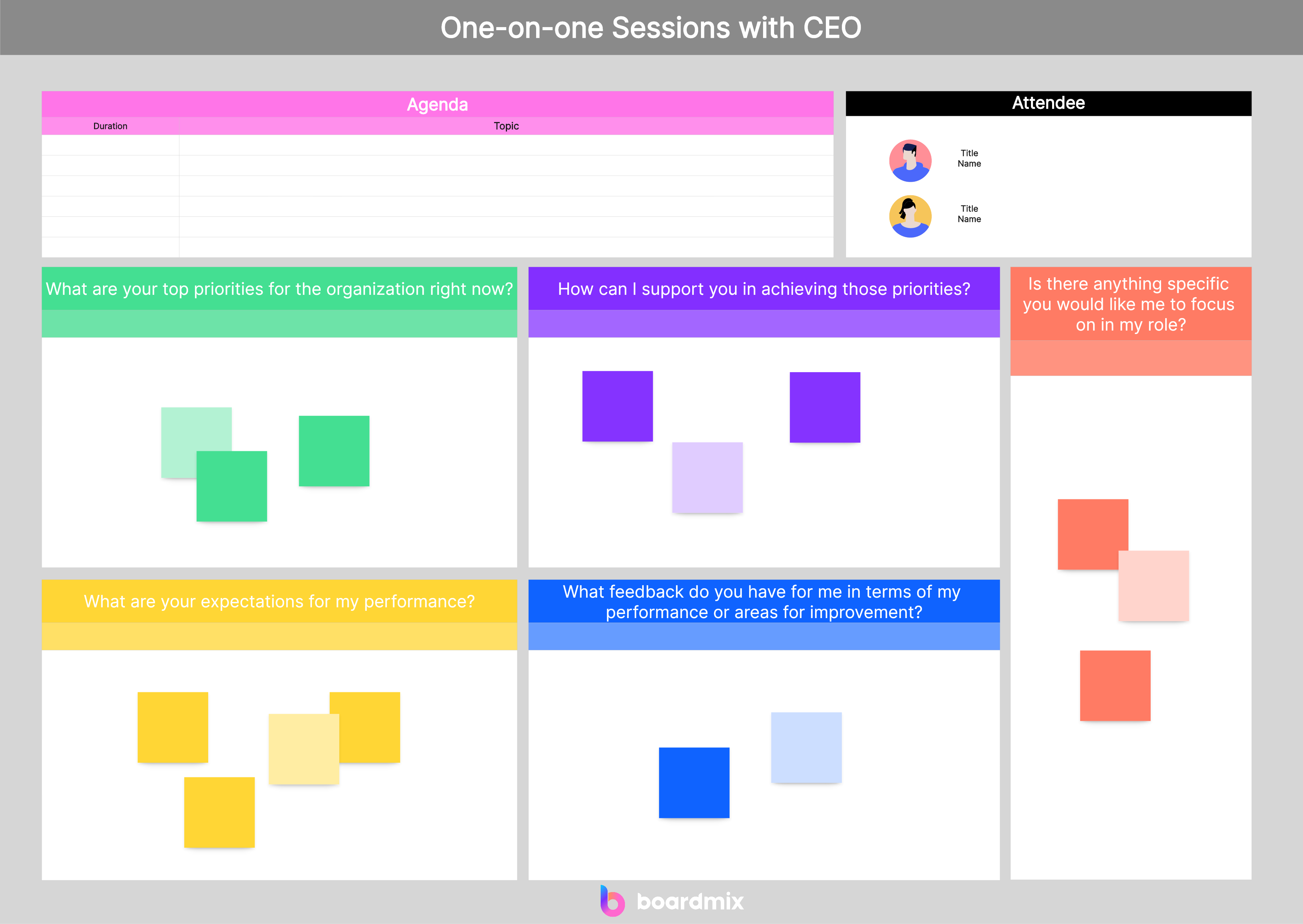
One-on-one Sessions Questions with CEO
Here are some useful questions to ask during one-on-one sessions with the CEO:
- What are your top priorities for the organization right now?
- How can I support you in achieving those priorities?
- Is there anything specific you would like me to focus on in my role?
- Are there any challenges or obstacles you are facing that I can help address?
- What are your expectations for my performance?
- How can we better align our department's goals with the overall vision of the organization?
- Are there any new initiatives or projects coming up that I should be aware of?
- What feedback do you have for me in terms of my performance or areas for improvement?
- Are there any training or development opportunities you recommend for me?
- How can we improve communication and collaboration within our team and across departments?
These questions can help facilitate a productive and meaningful conversation with the CEO, allowing you to gain insights, clarify expectations, and identify opportunities for growth and alignment.
Part5. How Do One-on-one Sessions Contribute to Individuals and Organizations
One-on-one sessions can contribute to individuals and organizations in several ways:
- Relationship building: One-on-one sessions provide an opportunity for individuals to build a rapport and trust with their managers, CEOs, or employees. This helps create a positive and supportive work environment.
- Goal alignment: These sessions allow individuals and their managers or CEOs to align their goals and objectives. This ensures that everyone is working towards the same vision and contributes to the overall success of the organization.
- Performance improvement: One-on-one sessions provide a platform for feedback and constructive criticism. Individuals can receive guidance on areas of improvement and take necessary steps to enhance their performance.
- Skill development: During these sessions, individuals can discuss their professional growth and development goals. Managers or CEOs can provide recommendations for training, resources, or opportunities that can help individuals acquire new skills and knowledge.
- Problem-solving: One-on-one sessions create an environment where individuals can openly discuss any challenges or obstacles they are facing. Managers or CEOs can provide support, guidance, and solutions to address these issues effectively.
- Communication and collaboration: These sessions promote effective communication and collaboration within teams and across departments. Individuals can share their ideas, concerns, and suggestions, leading to improved teamwork and efficiency.
- Employee engagement and satisfaction: Regular one-on-one sessions demonstrate that the organization values its employees' opinions, growth, and well-being. This increases employee engagement, job satisfaction, and retention.
In conclusion, one-on-one sessions play a crucial role in enhancing individual performance, fostering a positive work environment, and contributing to the overall success of an organization.






